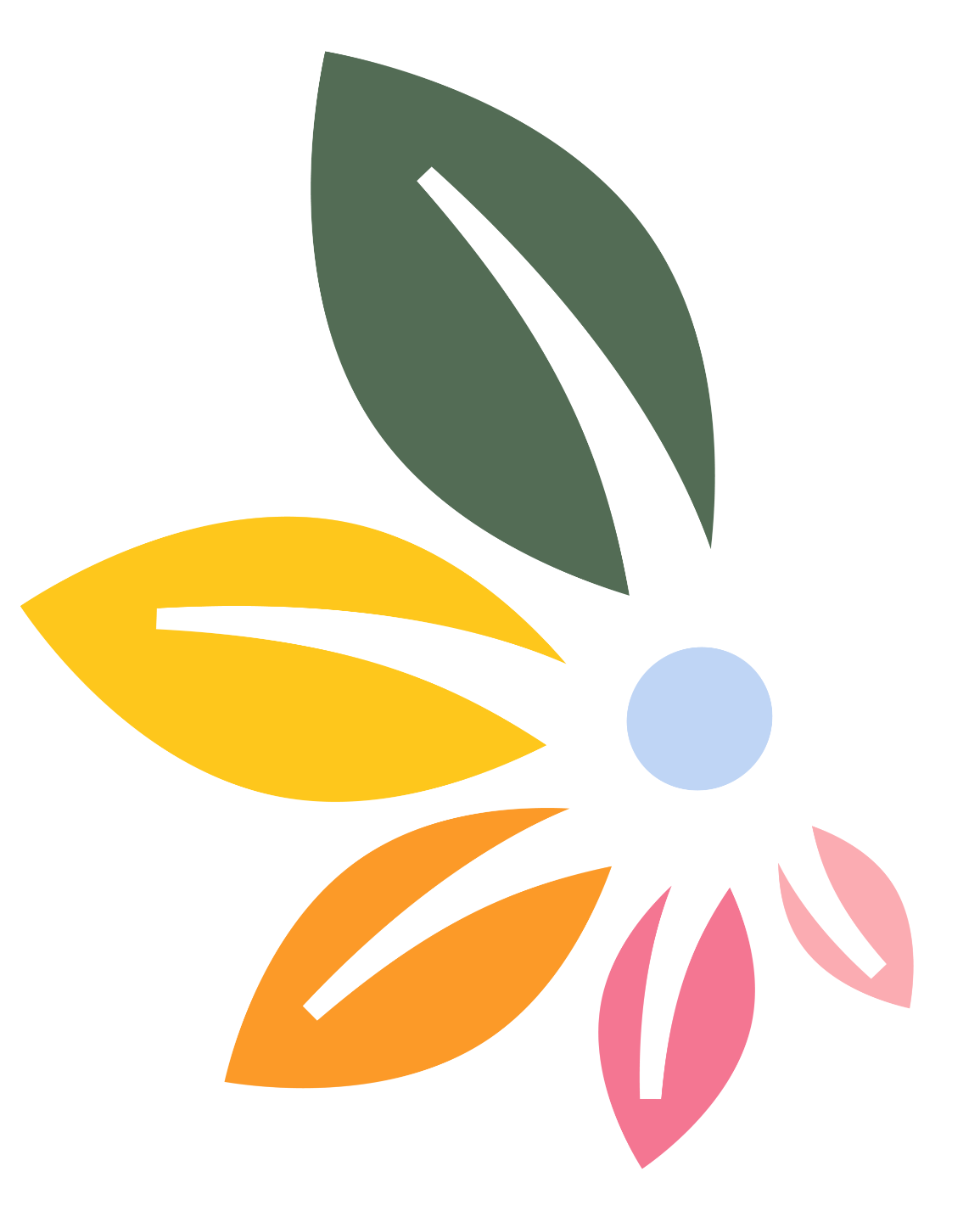You are an extended breastfeeding mama in the...
READY TO LAND THE PLANE STAGE
This means you are nearing the end of your breastfeeding journey and ready to wean the milk, but not the love
Read on for answers to the 3 most common questions regarding extended nursing and weaning

Attention Passengers
As we start our descent, please make sure your seat back and tray tables are in their full upright position, that your seat belt is securely fastened and all carry-on luggage is stowed underneath the seat in front of you.
Watch this short video for a summary of your results!
You are down to your last nursing sessions. So what comes next?
Every nursing journey looks different.
The path that has led you here may have been smooth, or perhaps you had some turbulence in the first months with engorgement, clogged ducts, and maybe even mastitis.
You have managed to introduce solids, survive months of red eye nursing sessions, and have celebrated a birthday (or two… or three!).
You have accomplished a lot!
And that is something to celebrate.
Your quiz results led you here because...
You have indicated that there is either a specific reason you need to wean in the upcoming months, or you are at the finish line with your toddler and perhaps need some tips on how to actually land the plane.
The length of time weaning will take is dependent on how old your child is, how much milk they are currently consuming, and how many nursing sessions you have a day.
*Please note that the suggestions given here are for toddlers over 12 months old. If you have a younger nursling, feel free to reach out to me for guidance on how to best wean them.
Learn More
There are two primary concerns:
1. Making sure their milk intake transitions to food intake
2. Your physical and mental well-being


Below are 3 answers to the most common questions regarding extended nursing and weaning:

Take it Slow
Breastfeeding is hormone induced, which means that as you wean, your body’s hormones will begin to regulate to pre-breastfeeding levels. If done too quickly, it can lead to an emotional roller coaster (think baby blues), and the potential for engorgement, clogged ducts, and even mastitis.
If you are currently nursing multiple times a day but need/want to wean your child for medical or personal reasons (yes, just wanting to be done is a valid reason to wean!), then you can start by picking the easiest nursing session to drop and shortening its length first. This will help reduce your engorgement and their upsets.
You can use timers to help indicate to your toddler when the session is over.
Once your body has regulated, you can move on to the next session using the same strategy.
If you are currently only nursing one or two times a day, your body has most likely already regulated over time, so that won’t be as much of a concern for you.
Either way, recognize that weaning is a process, not an event, and by taking it slow, you and your child will be better equipped to handle this major change.
Also, remember that regressions are a normal part of weaning. If you find yourself nursing more again for a few days to help ease illness, tooth pain, or just want a few more snuggles, that is a normal part of the process and doesn’t mean you aren’t still making progress.

Weaning Grief is Real
I was not prepared for the deep sense of loss I felt when I weaned my daughter. And without knowing any other extended nursing moms, I was left feeling very alone without support from others who have been through it too.
Thankfully, you don’t have to do it alone!
First, recognize that guilt is a part of grief. There is so much talk about mom guilt, but I really think we need to be talking about mom grief.
Guilt is a feeling of responsibility or regret for a perceived offense. It makes us feel like we’re doing something wrong and often keeps moms nursing longer than they wanted to.
Grief, on the other hand, is a profound sense of loss; a deep sorrow for what is now gone.
It can feel very conflicting to feel grief, especially if you are really ready to wean (which this quiz indicates you are). But just know it is absolutely a normal part of the weaning process to feel this way.
If you are having big emotions about your nursing journey coming to an end, please reach out. You don’t have to do this alone.

Plan Ways to Commemorate/Celebrate Your Accomplishments
A great way to look forward to your last weaning session is by planning with your child what you will do to celebrate your journey together up to now, as well as commemorate both of you moving into the next phase of your mother-child relationship.
Some amazing ways I have seen people do this is by:
-
Having a party (maybe with a boob shaped cake)!
-
Take your child somewhere special and have a little celebration just the two of you
-
Getting breast milk jewelry
-
Getting a tattoo
-
Having a breastfeeding photo session prior to fully weaning
-
Having someone take a photo during your last nursing session (I wish I had this)
-
Giving your child a special gift signifying they are a big kid now
Just remember, your child loves YOU.
The milk has been a bonus.
Finding ways to stay connected without the boob will make your final descent as smooth as possible.

Meet Erin
Hey there! My name is Erin Harris and I am a virtual lactation educator and creator of Nursing Mamas. I combine my two Master's Degrees in Health and Family Communication, lactation knowledge, and personal nursing experience to focus on the parent-toddler nursing relationship.
Specifically, I help extended breastfeeding parents who are struggling with the transition from on-demand infant nursing to the demanding toddler breastfeeding phase.
I live in Costa Mesa, CA with my husband Scott, and 2 children, Avery and Luca. Last, I am a veteran chestfeeding, tandem nursing, pumping, and supplementing mama of 4 ½ years!
AND NOW FOR THE ENCORE...
Based on the results you received on this quiz, you may be in need of additional support to finally land the plane.
A great place to start is with my $69 Gentle Toddler Weaning Method Online Course.
I know from experience how emotional this time can be.
The excitement of having your body be fully yours again after years of nursing, and the deep sadness that comes with those last nursing sessions - and it can be even harder if you don’t have others in your life who have gone through this too.
If you are struggling to figure out how to get through that last session and officially be finished with breastfeeding, I invite you to check out my online course:
The Gentle Toddler Weaning Method: Keeping the Love When the Milk Goes Away.
In 6 short lessons, I break down extended nursing moms’ most asked weaning questions, including:
-
How to set nursing boundaries
-
How to stay connected with your child without using the boob
-
Tips for weaning at bedtime and overnight
-
Practical weaning tips to manage physical discomfort
-
Handling their and your big feelings
-
My personal example of my last week nursing after 4 ½ years of breastfeeding
FOR BEING A QUIZ TAKER, BE SURE TO USE THE CODE "QUIZ" TO GET $10 OFF!
For only $59, you can be on your way to less frustration and burnout, and more love and joy with your child again.
If this is for you, you can purchase it now

The Gentle Toddler Weaning Method Online Course
Keeping the love when the milk goes away
The course includes:
- Lifetime access to online course
- Available as both video and audio only so you can listen on the go
- Practical tips to begin implementing now!

How do I get the course?
Where do I watch the course?
How long do I have access to the course?
WHERE TO GO FROM HERE
I am glad to have you with us on board this flight. Thank you for choosing Nursing Mamas - I am happy to be part of your extended nursing journey!
I’m not just gonna tell you what type of extended nursing mama you are, give you a few tips, and peace out. I’m here to help you have the smoothest transition possible so you can keep on cruising.
Keep an eye on your inbox (including your spam/promotions tab) because I’ll be coming at you with more of my best tips, tricks, and practices so that you can feel confident - and even excited about toddler nursing.


